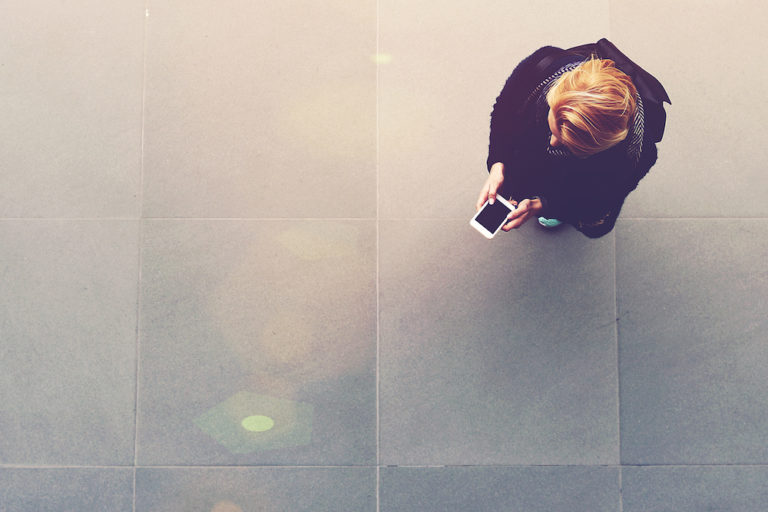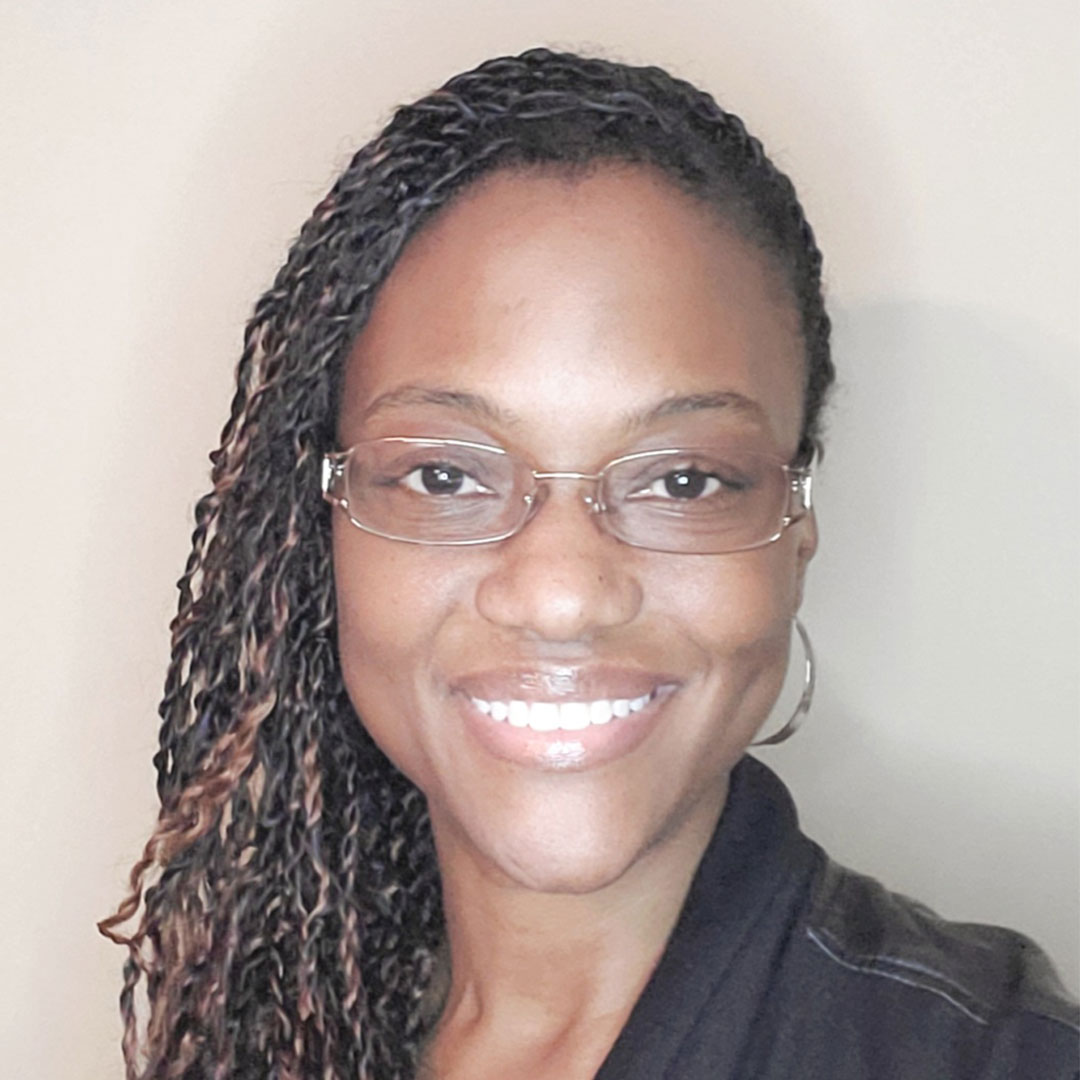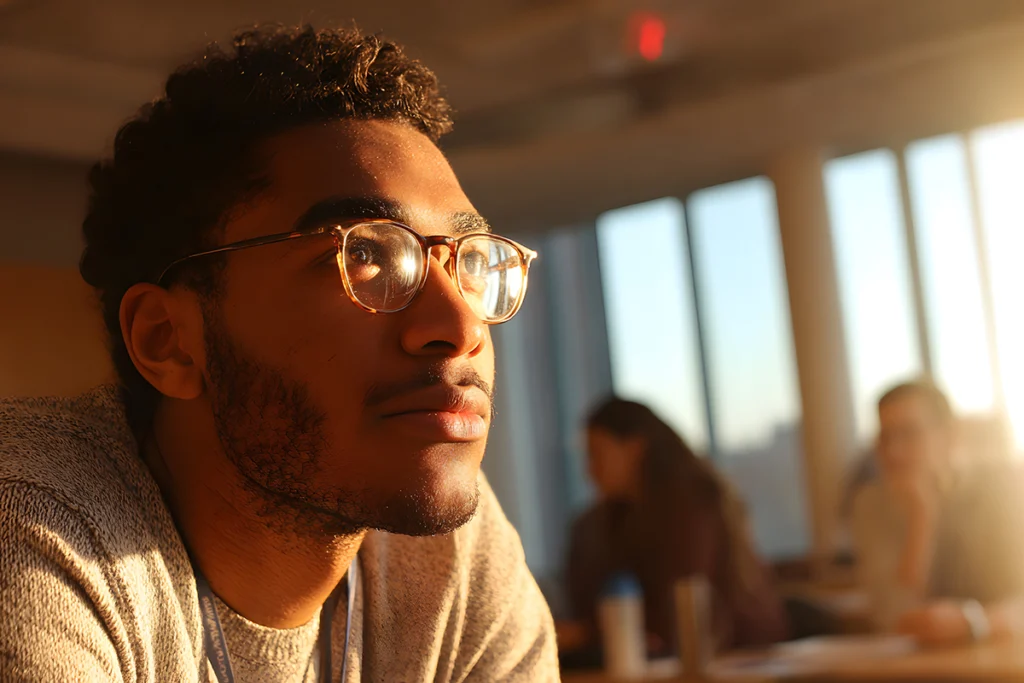As mental health has become less taboo over the years–thanks in part to more awareness and even celebrity support, like Prince Harry and Michael Phelps–it seems as though colleges and universities are still struggling to keep up with demand and find a solid, safe solution for students.
Just this November, the Associated Press (AP) published a compelling story about the rise of demand for mental health services on college campuses. Authors Collin Binkley and Larry Finn write that on many campuses “the number of students seeking treatment has nearly doubled over the last five years, while overall enrollment has remained relatively flat.” Not only are the students gripped with anxiety, depression and a number of other mental health issues, but campus counselors are constantly dealing with low morale and increased burnout due to the ever increasing workloads.
To understand a little better, the AP conducted its own research by requesting five years of data from the largest public university in each state. They received results from 39 campuses with statistics from their counseling clinics or health centers. The results are telling:
- The number of students receiving mental health treatment has grown by 35%, while total enrollment grew by 5%.
- Last year, nearly 1 in 10 students came in to seek mental health treatment, but the number of licensed counselors changed only from 16 to 19 over five years. The data goes on to note that on some campuses, that’s only one counselor for every 4,000 students.
- On non-urgent cases, the wait to see a counselor could range from just hours to even months, depending on the clinic design and time of year.
- Many schools reported that it takes weeks to get an initial appointment.
It’s clearly evident that resources are tight for students on many campuses. When it comes to the “why,” the AP reports that it could be a variety of reasons. For example stigma around the issue has faded, encouraging more students to get help. Disorders that once prevented students from going to college are no longer seen as a barrier. Some believe social media fuels anxiety, while others say today’s students have more trouble coping with stress.
As many schools ponder creative ways to offer help (workshops, yoga, etc.), finding the right solution is key. For many, the right solution is adding a telehealth service, like TimelyCare, to their offerings. By allowing students to have 24/7/365 immediate access to mental health providers or the ability to schedule a counseling session at their leisure, campuses are able to demonstrate concern and solid solutions.






